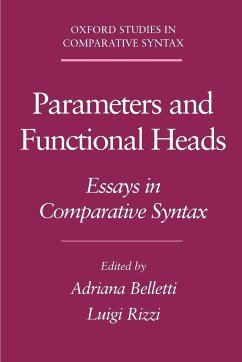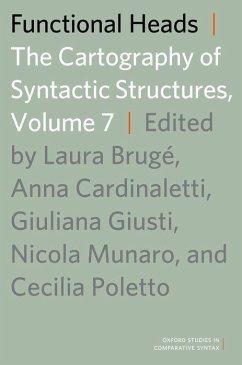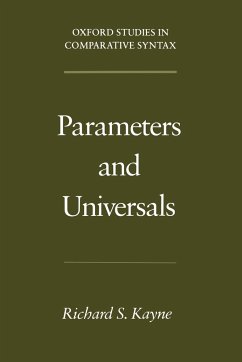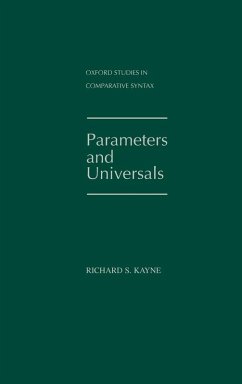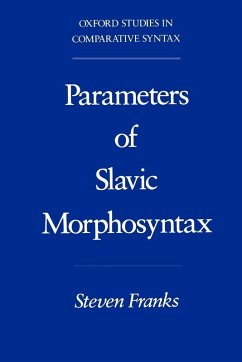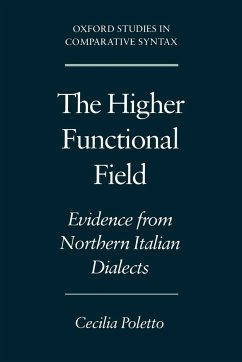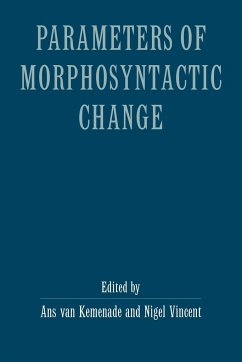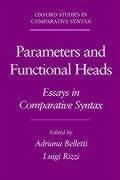
Parameters and Functional Heads
Essays in Comparative Syntax
Herausgeber: Belletti, Adriana; Rizzi, Luigi
Versandkostenfrei!
Versandfertig in 1-2 Wochen
146,99 €
inkl. MwSt.
Weitere Ausgaben:

PAYBACK Punkte
73 °P sammeln!
This is a collection of (mostly) previously unpublished papers that examine function heads using the Principles and Parameters approach. The main theoretical focus is on the general theory of head movement, the properties of derived structures, and their parametrization.




